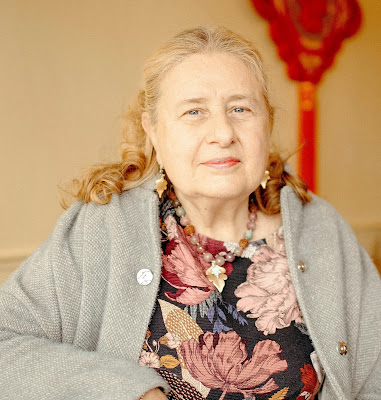 |
| Elisabetta Brusa |
Elisabetta Brusa taught composition at the Milan Conservatoire for 39 years. Her latest choral album – Requiem and Stabat Mater - is now available on Naxos. She has established the Brusa Foundation Award to give opportunities to composers who recreate new, free and personal symphonic thought with a tonal basis. The deadline for entries from composers ages 18 to 30 is 31st May 2024. Here she explains the influences on her own composition style and how she found her voice.
My 5th Naxos CD, which has just come out, contains my two latest works: Requiem (based on the classical text used by Mozart, Verdi, Fauré, Dvorak and others) and Stabat Mater (based on the classical text used by Pergolesi and Rossini). Because of these ancient and religious texts which express spiritual and physical suffering, their composition gave me very different emotions than, for example, my two symphonies which were composed with abstract, purely musical ideas and form.
I always wanted to compose a Requiem, because it had always been a part of a classical composer's output. Because I believe that all the arts are interconnected, paintings, sculptures, architecture, archaeology and nature all seep into the creative process. For these two pieces, I took inspiration from Mozart, Verdi and Fauré’s Requiems and Rossini and Pergolesi’s Stabat Maters. You may now ask why I have only listed famous classical composers instead of new or original names. In answer to that, I feel I don't need novelties that don't give me any emotions. These composers all belonged to epochs during which all classical composers had the urge to express their inner feelings and each one had something beautiful, personal and spiritual to say.
While the traditional canon provided the starting point for these choral works, there have been broader inspirations from composers of the second half of the 20th Century including Shostakovich, Poulenc, Khachaturian, Britten and Walton who all composed with single voices anchored to harmony, counterpoint and orchestration of the past without belonging to a particular style like the previous periods of Impressionism, Expressionism or Neoclassicism. Instead, the general tendency of classical, western composers of the 1950's onwards was to develop and extend the avant-garde and electronic techniques, fashions and trends which I have no affinity to, nor the simplistic and repeated music of the minimalists. There are also those mainly found in the northern European countries who have created very diverse atmospheres and wide spacial auras with orchestral sound effects.
In the most recent decades, there have been so many styles and techniques created contemporarily of which I don't identify myself with anyone in particular, but there are some excellent composers such as Einojuhani Rautavara, Peteris Vasks and Esa Pekka Salonen, just to name a few. Others may not have reached world recognition for some reason or other, but very probably somewhere there are composers who are discursive, that is, their music follows not just a sequence of sonorous situations but ideas with a beginning, development, recapitulation and ending within symphonic thought and forms, more similar to the composers of the first half of the 20th century. I am one of them.
I have always composed my works totally naturally, instinctively and consequently without premeditation or sketches. I improvise at the piano and write bar after bar consecutively. My first composition was a short Baroque like piece when I was more or less five and later pieces in Classical, Romantic, early Atonal (Hindemith, Bartok, early Schoenberg-like, even serial) styles, naturally and independently, all by ear, without actually being conscious of what I was doing. All of this happened before I went to the Conservatoire of Milan where I consciously learnt what had always been intuition and how to expand harmony even more, counterpoint, orchestration etc.
Later, in my final year, I was told that music should not express emotions and that it was only to be intellectual, structural and experimental. After the Composition diploma I wrote my Belsize String Quartet which won 1st prize at the Washington International Competition, however it was with the commission of the Fables for children’s concerts to be performed with Prokofiev’s Peter and the Wolf, that I realized I also had a gift for orchestral colour.
If I had not met Hans Keller who liked my music, made me understand what was behind music, encouraged and taught me how to have faith in myself, I probably would not have continued to compose.
After that, stronger emotions gradually began to seep into my music and my base line started being independent from the harmony above it, making my works more dramatic. Though they are still tonally based, not everyone can understand my harmonies because of this, but hopefully they are full of sweeping and humane emotions which one can intuitively perceive. With my Requiem and Stabat Mater, being religious and spiritual works which needed more simple and direct impact, I made a little step backwards making my harmonies simpler and more easily communicative.
Whilst I have had a few memorable concert experiences, I get the most satisfaction when recording my CDs. I don’t get particularly excited when I have a concert with my music. Actually, I feel very uncomfortable. However, a recording of a work gives me the time and concentration to follow and fully absorb the total components of the composition. Composing at the piano, I have an immediate concentrated result of the ideas and form and I can mentally imagine the sounds and colours of the instruments, but it’s only when I hear an orchestra playing my music that I feel the innermost fulfillment.
I am thrilled to have established the Brusa Foundation and Award and I hope it will incentivise young composers to continue composing with a tonal language and create their own new personal styles expressing human emotions.
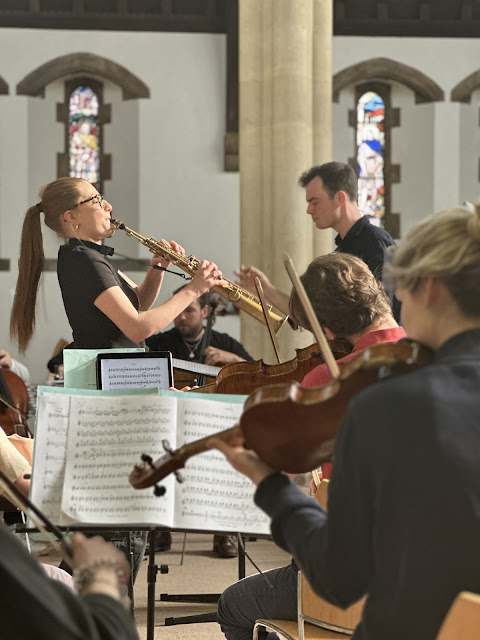

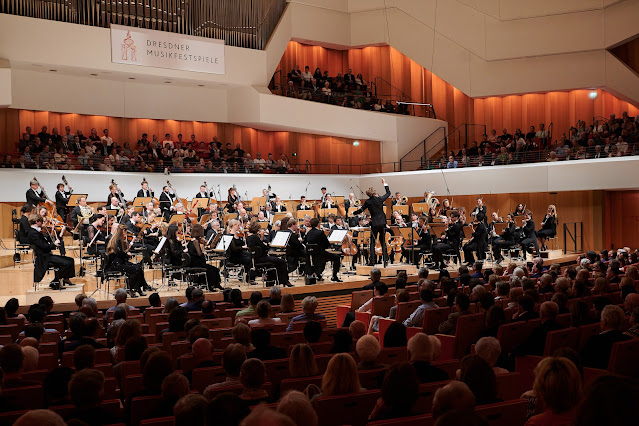
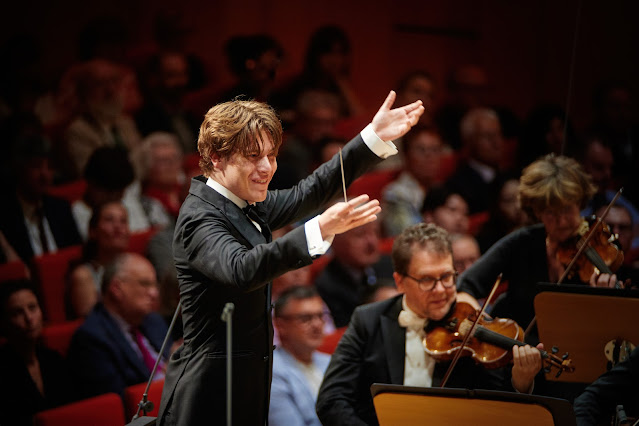

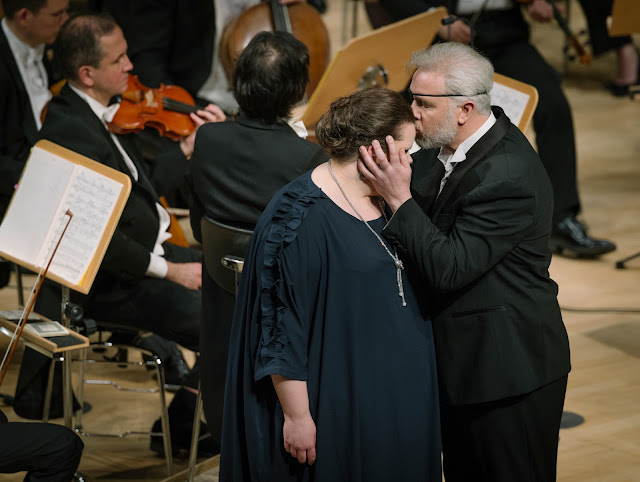
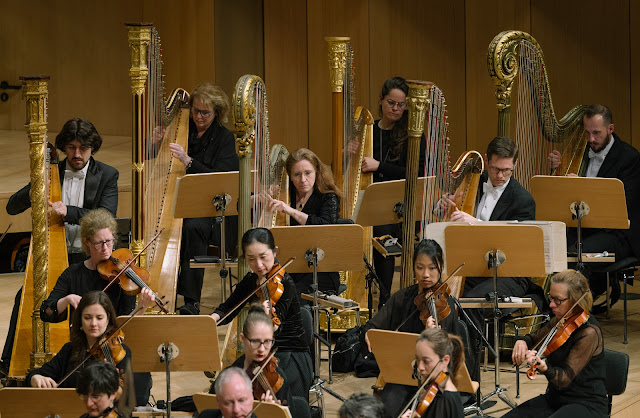
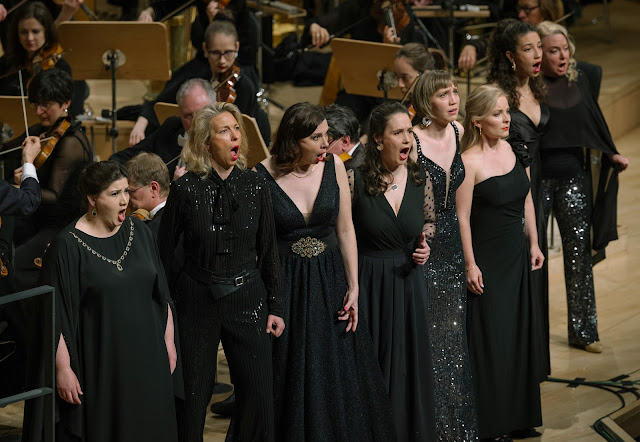





.jpg)
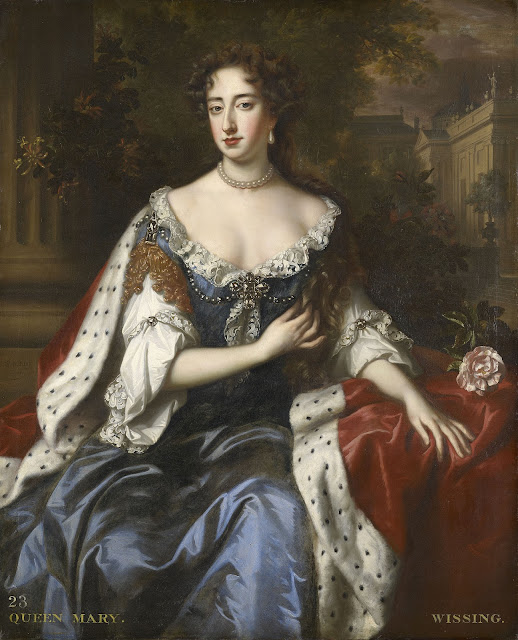







.jpg)

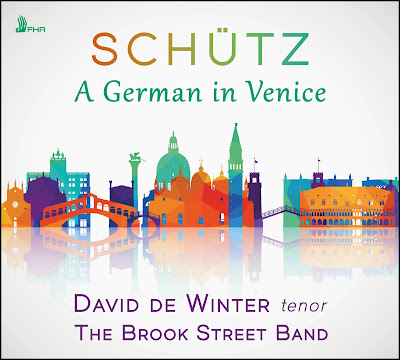

.jpg)

.jpeg)





.jpeg)